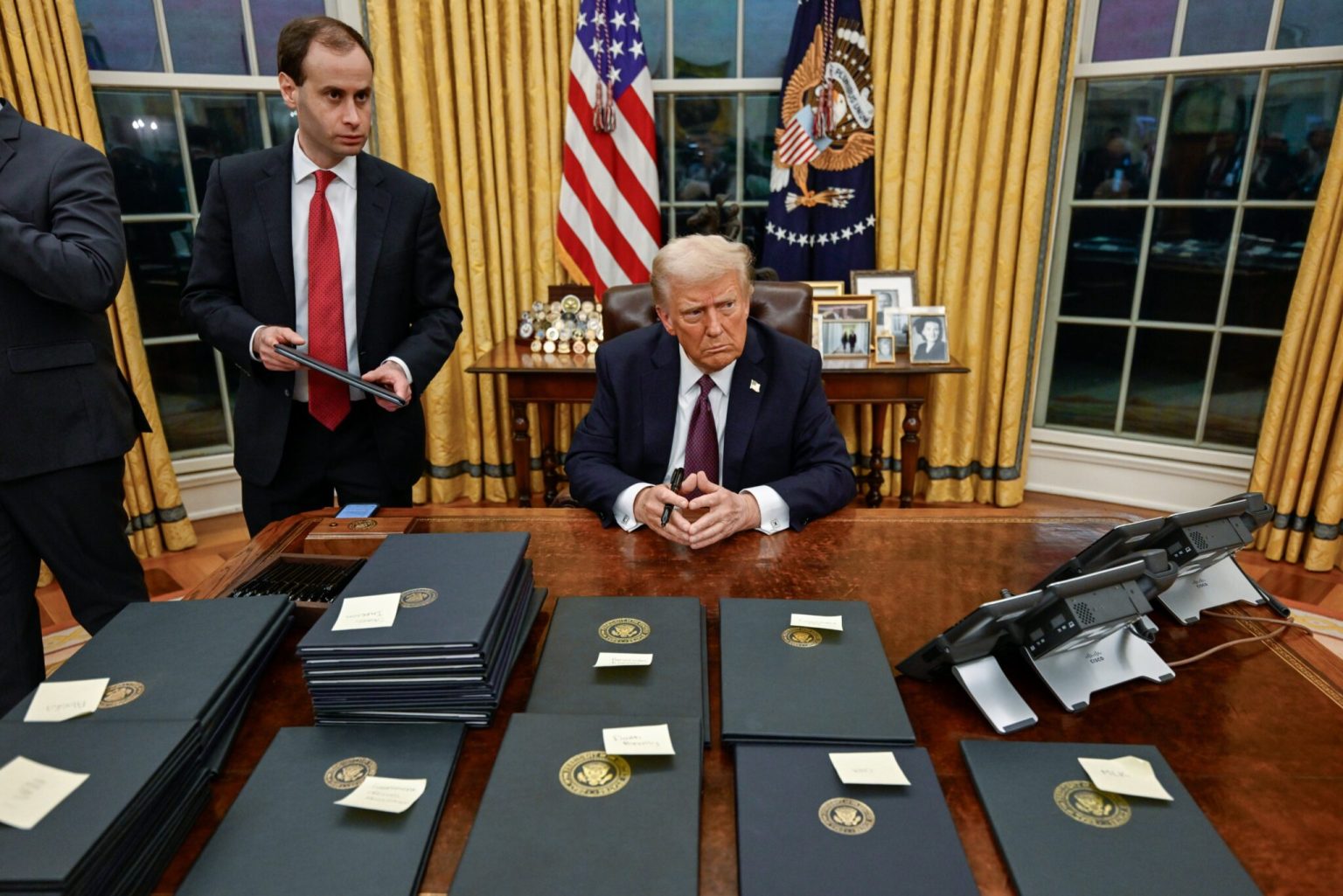Summarize this content to 2000 words in 6 paragraphs
President Donald Trump wasted no time after being sworn in as the 47th president of the United States, signing a series of executive orders Monday that signal a potential shake-up in federal priorities and resource allocation.
While details remain sparse, early moves appear aimed at tightening cross-border controls, raising the specter of tougher scrutiny and fewer government resources. Such changes could lengthen wait times for visas and introduce new friction for both corporate and leisure travelers, potentially dampening demand for U.S.-bound trips at a moment when global competition for tourism dollars continues to intensify.
Beyond border policies, the administration’s decisions on environmental and international health issues may unsettle a growing segment of travelers increasingly focused on sustainability and pandemic response. Tour operators and destination marketers may need to rethink how they present the U.S. to the world, recalibrating marketing messages and adapting operations to address shifting perceptions.
Although the practical outcomes remain unclear, the administration’s early signals point to fresh challenges for an industry reliant on open borders, robust infrastructure, and a favorable international reputation.
Here’s a look at which orders could have the biggest impact on the travel sector.
A Federal Hiring Freeze. The restriction exempts positions tied to national security, immigration enforcement, and public safety – but could still leave many travel-related federal roles under strain. Potential staff shortages in passport and visa processing could lengthen wait times and discourage inbound travelers. Reduced manpower in tourism promotion could undermine U.S. competitiveness just as global rivals ramp up efforts to attract visitors.
Tariffs and Trade. The new U.S. trade directive may result in higher import costs and potential retaliation that could hurt travel-sector supply chains and push up passenger and hotel prices. A weaker dollar could lure more foreign visitors, partly offsetting the downside.
Enhanced Vetting To Enter the U.S. Trump is reintroducing stringent screening rules, and considering a new travel ban, similar to his 2017 ban on travelers from several Muslim-majority nations. That original ban was upheld by the Supreme Court, expanded to include more countries in 2020, and then rescinded on President Biden’s first day in office.
Withdraw from the Paris Agreement. The move to pull the United States from international climate accords risks damaging the U.S. appeal to eco-conscious travelers, potentially hurting inbound tourism. Operators may see savings if environmental regulations ease.
TikTok Lives, For Now. The 75-day enforcement delay on the TikTok ban preserves the platform for travel creators and marketers who rely on the app’s massive user base for promotion.
Withdraw from the World Health Organization. A U.S. exit from the WHO risks impacting global health coordination, which, in turn, could raise alarms over future pandemic response. Travelers could lose confidence in cross-border health protocols, potentially curbing inbound tourism and complicating business travel.
The Gulf of America is Where? The president’s push for American patriotic names may pique interest among certain travelers, potentially boosting heritage tourism. However, a sudden renaming of major destinations, like Mount Denali and the Gulf of Mexico, could cause confusion in bookings and marketing materials.
Recognizing Only Two Genders. The directive recognizes only two biological sexes in all federal policies, rolling back prior guidance on gender identity. Agencies must revise passports and other official documents to align with the definition, ending accommodations for those who identified outside male or female.
Department of Government Efficiency. The new Elon Musk-led cost-cutting initiative, DOGE, named after a crypto currency meme coin of a Shiba Inu, seeks to modernize federal technology and eliminate inefficiency. However, any widescale change or unforeseen job cuts can be disruptive in the best of times; and if mismanaged risk delays or technical hiccups that frustrate both industry operators and the traveling public.


